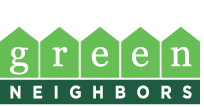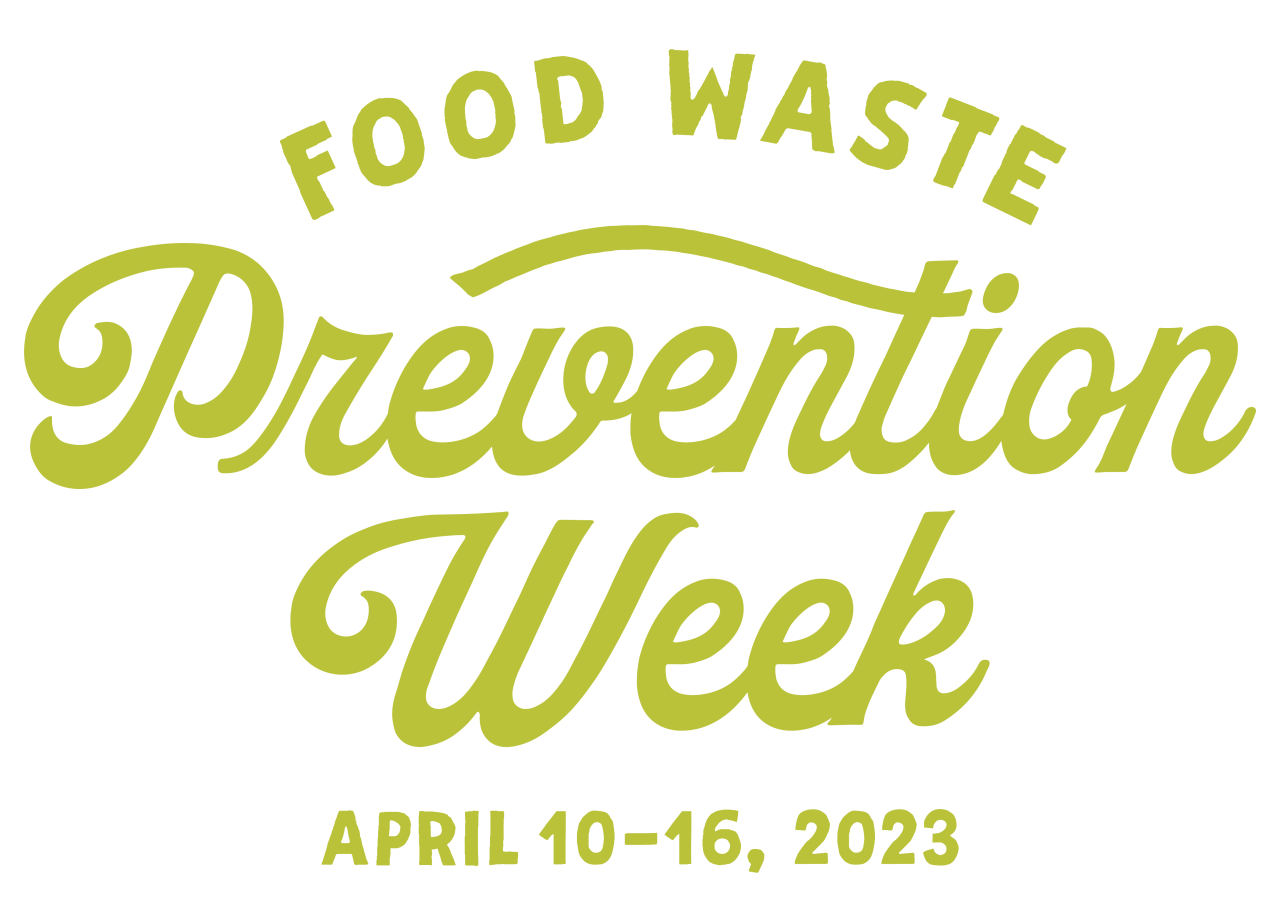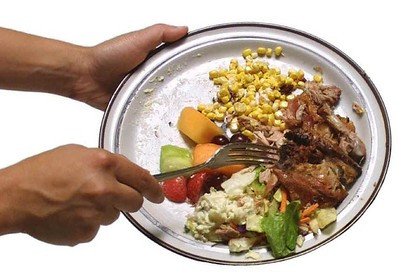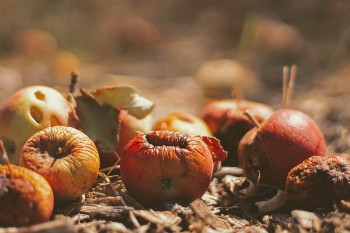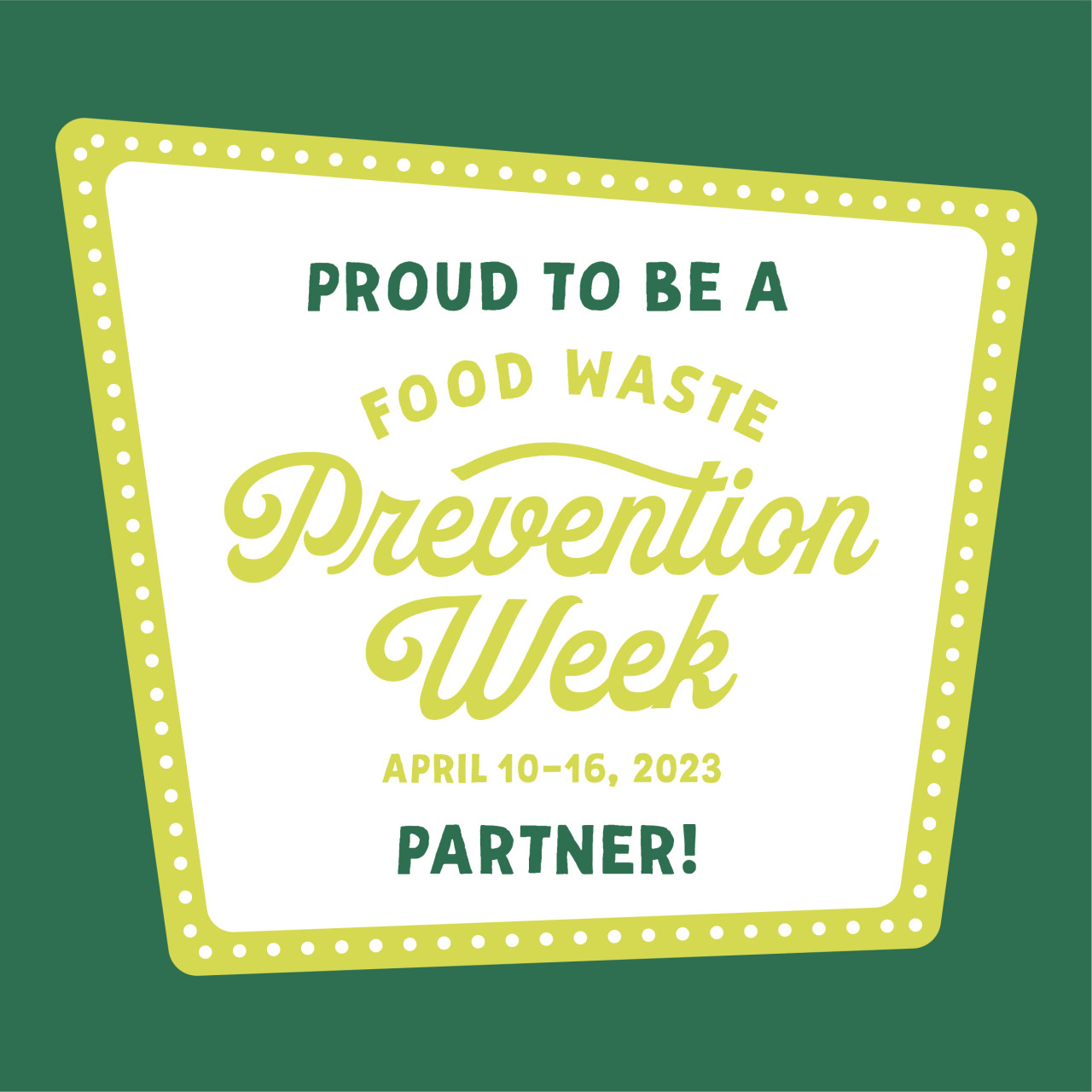Green Blog
Introducing Food Waste Prevention Week!
April 10-16 is Food Waste Prevention Week! Join Clark County in celebrating our second year partnering with the Food Waste Prevention campaign.
Keep reading to learn the origin story of Food Waste Prevention Week, including information on why raising awareness about food waste is important.
What is food waste?
Food waste refers to food that was not ultimately consumed by humans and is discarded or recycled. This includes plate waste (i.e. food that has been served but not eaten), spoiled food, or inedible peels and rinds. Food waste is sent to feed animals, composted or anaerobically digested, combusted with energy recovery or landfilled.
What is food waste prevention?
Food waste prevention is the proactive awareness of the food you buy and eat, and the understanding of how to store food properly to reduce the amount of food waste sent to a landfill. It is also managing food flows to use resources effectively.
Why is preventing food waste important?
When you throw away food, you throw away money. Food producers and consumers can save money by preventing the products they sell or buy from being wasted.
The less food waste in our landfills, the less methane in our atmosphere. When food waste undergoes anaerobic decomposition in a landfill, a greenhouse gas is produced called methane. Preventing food waste from entering our landfills reduces the amount of methane emitted into the atmosphere.
Managing and preventing food waste helps communities conserve resources. All of the labor and natural resources used to grow, harvest, process, transport, and prepare food are wasted when food is thrown away. Reducing food waste helps to conserve and strengthen environmental, social, and economic resources.
The origin of Food Waste Prevention Week
| 2015 | On September 16, 2015, the U.S. Department of Agriculture and the Environmental Protection Agency announced the U.S. 2030 Food Loss and Waste Reduction goal. The following day, NPR and OPB published this article and partnering audio announcing the new national Food Loss and Waste Reduction Goal. |
| 2018 | The National Resources Defense Council partnered with the Public Health Alliance of SoCal, the Nutrition Policy Institute, and the University of California Division of Agriculture and Natural Resources by sharing their Save the Food campaign. This educational campaign raised awareness about food waste prevention strategies in California. Governor Edmund G. Brown Jr. signed an endorsement letter for the initiative. Learn the impact of the first Food Waste Prevention Week! |
| 2020 | Washington joined eight other states (VT, CA, MA, NY, NJ, MD, CT, RI) in creating state regulations about food waste. The regulations range from tax incentives for food donation to liability protection for food banks, plus organic waste recycling laws. The ReFed's U.S. Food Waste Policy Finder provides information on each regulation by subject, strength, and location of impact. For a map of city and state-level organic waste bans, visit the US Composting Council. |
| 2021 | The Florida State Senate made a declaration for the importance of conserving food and preventing food waste. Florida hosted their first Food Waste Prevention Week. Oregon created the "Bad Apple" campaign to help communities save money by wasting less food. This campaign is now used nationally for Food Waste Prevention Week. Check out the cute characters and great storage tips on their website: https://dontletgoodfoodgobad.org/ The Washington Legislature published the Use Food Well Washington Plan as part of their Food Waste Reduction Act. With a goal to reduce food waste by 50% by 2030, the plan can be used as a resource for food waste management recommendations. |
| 2023 | Washington hosts its first statewide Food Waste Prevention Week! |
Activities to do at home
- Check out tips and events happening in Clark County.
- Download this waste audit tracking sheet and track the foods you throw away for a set amount of time.
- Play the Food Waste Prevention Week bingo card!
- Students can enter the national FWPW student art contest.
- Use the hashtag #usefoodwellWA to share any activities on social media relating to food waste awareness!

